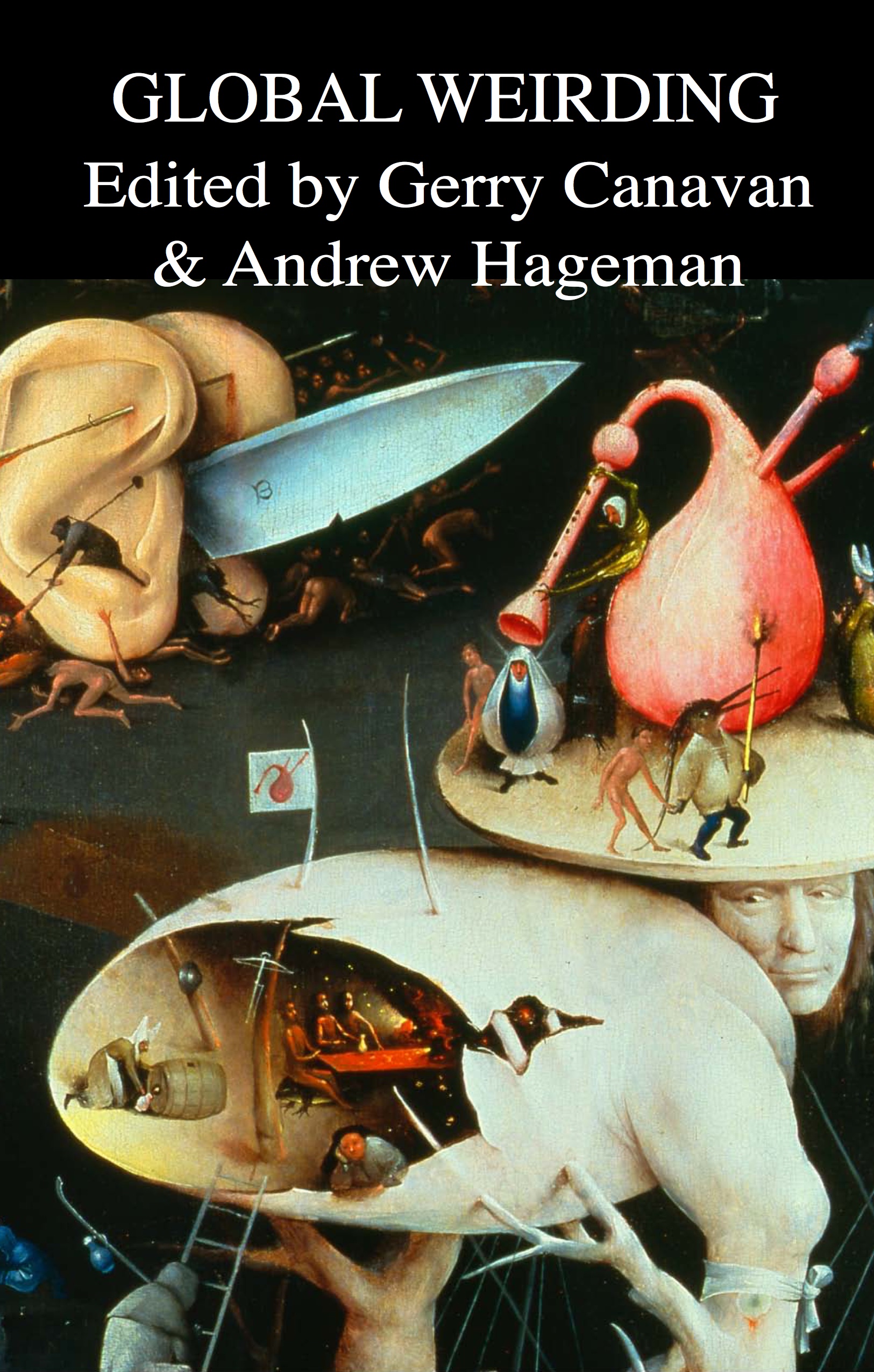‘Who Says Meritocracy Says Oligarchy’
The Nation excerpts Chris Hayes.
The dynamic Michels identifies applies, in an analogous way, to our own cherished system of meritocracy. In order for it to live up to its ideals, a meritocracy must comply with two principles. The first is the Principle of Difference, which holds that there is vast differentiation among people in their ability and that we should embrace this natural hierarchy and set ourselves the challenge of matching the hardest-working and most talented to the most difficult, important and remunerative tasks.
The second is the Principle of Mobility. Over time, there must be some continuous, competitive selection process that ensures performance is rewarded and failure punished. That is, the delegation of duties cannot simply be made once and then fixed in place over a career or between generations. People must be able to rise and fall along with their accomplishments and failures. When a slugger loses his swing, he should be benched; when a trader loses money, his bonus should be cut. At the broader social level, we hope that the talented children of the poor will ascend to positions of power and prestige while the mediocre sons of the wealthy will not be charged with life-and-death decisions. Over time, in other words, society will have mechanisms that act as a sort of pump, constantly ensuring that the talented and hard-working are propelled upward, while the mediocre trickle downward.
But this ideal, appealing as it may be, runs up against the reality of what I’ll call the Iron Law of Meritocracy. The Iron Law of Meritocracy states that eventually the inequality produced by a meritocratic system will grow large enough to subvert the mechanisms of mobility. Unequal outcomes make equal opportunity impossible. The Principle of Difference will come to overwhelm the Principle of Mobility. Those who are able to climb up the ladder will find ways to pull it up after them, or to selectively lower it down to allow their friends, allies and kin to scramble up. In other words: “Who says meritocracy says oligarchy.”
Consider, for example, the next “meritocracy” that graduates of Hunter encounter. American universities are the central institution of the modern meritocracy, and yet, as Daniel Golden documents in his devastating book The Price of Admission, atop the ostensibly meritocratic architecture of SATs and high school grades is built an entire tower of preference and subsidy for the privileged:
At least one third of the students at elite universities, and at least half at liberal arts colleges, are flagged for preferential treatment in the admissions process. While minorities make up 10 to 15 percent of a typical student body, affluent whites dominate other preferred groups: recruited athletes (10 to 25 percent of students); alumni children, also known as “legacies” (10 to 25 percent); development cases (2 to 5 percent); children of celebrities and politicians (1 to 2 percent); and children of faculty members (1 to 3 percent).
This doesn’t even count the advantages that wealthy children have in terms of private tutors, test prep, and access to expensive private high schools and college counselors. All together, this layered system of preferences for the children of the privileged amounts to, in Golden’s words, “affirmative action for rich white people.” It is not so much the meritocracy as idealized and celebrated but rather the ancient practice of “elites mastering the art of perpetuating themselves.”
A pure functioning meritocracy would produce a society with growing inequality, but that inequality would come along with a correlated increase in social mobility. As the educational system and business world got better and better at finding inherent merit wherever it lay, you would see the bright kids of the poor boosted to the upper echelons of society, with the untalented progeny of the best and brightest relegated to the bottom of the social pyramid where they belong.
But the Iron Law of Meritocracy makes a different prediction: that societies ordered around the meritocratic ideal will produce inequality without the attendant mobility. Indeed, over time, a society will become more unequal and less mobile as those who ascend its heights create means of preserving and defending their privilege and find ways to pass it on across generations. And this, as it turns out, is a pretty spot-on description of the trajectory of the American economy since the mid-1970s.










Leave a comment